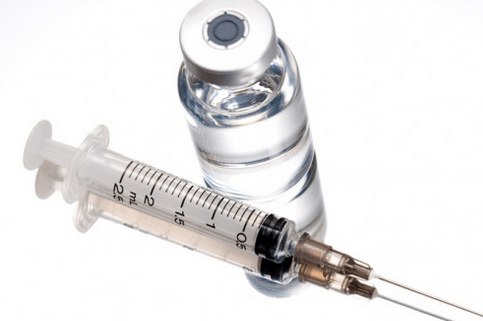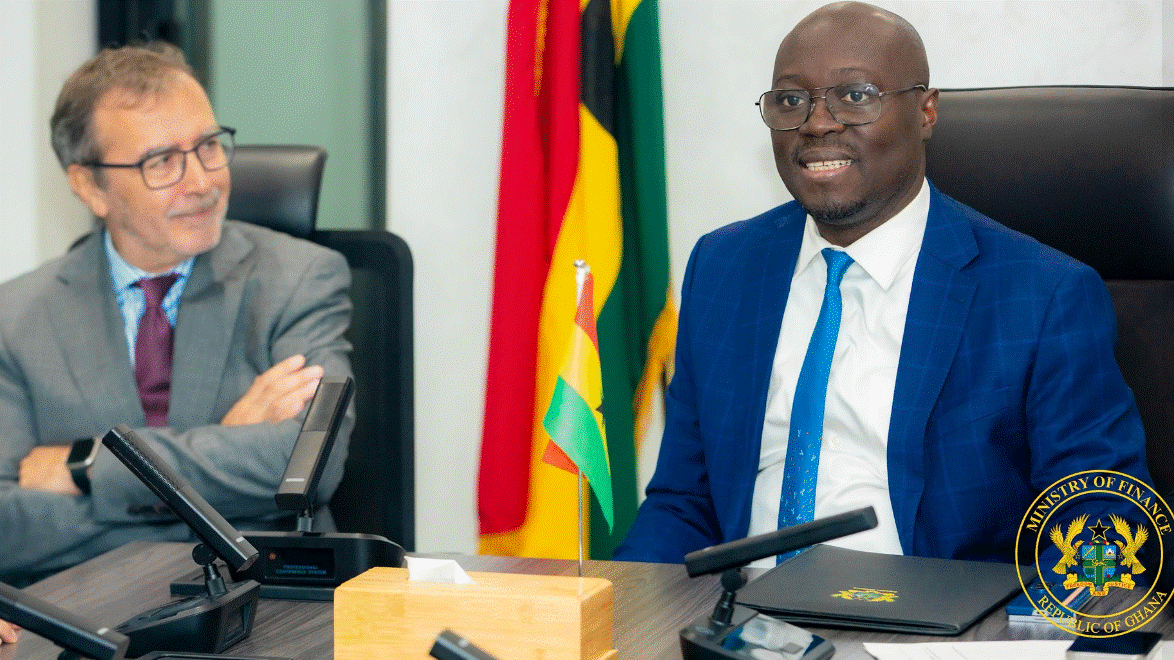
I recently walked past a group of teenagers huddled behind a kiosk, their eyes glazed, and laughter hollow. They were not drunk on joy, but on substances that promised mental escape. It was a sobering reminder that beneath Ghana’s vibrant energy, a silent storm brews.
Our youth, hailed as the “future of Ghana,” are increasingly being consumed by drugs—marijuana, tramadol, codeine syrup, and worse. The result is not only broken bodies but fractured minds, damaged families, and a society losing its soul.
This crisis, though often whispered about, is real, pressing, and growing. Unless we face it with honesty and courage, the promise of our young people may slip away into the shadows of addiction.
When Discipline Fades
Ghanaian life has long been rooted in discipline and respect. We greet elders with bowed heads, we share food at communal tables, and we rise early to work. Our values are woven into traditions passed down through generations: hard work, honesty, hospitality, and reverence for authority.
But drugs are quietly rewriting this story. Teachers lament classrooms where once-bright students drift in late, drowsy from pills. At home, parents whisper about missing money and stolen possessions. On our streets, indiscipline grows—reckless driving, sudden violence, disregard for law and order.
These are not isolated misbehaviours; they are symptoms of a deeper erosion. Drugs distort behaviour, magnify aggression, and numb responsibility. What once made us a disciplined people is giving way to disorder.
Scripture warns us: “Do not be deceived: ‘Bad company ruins good morals’” (1 Corinthians 15:33). But today, the bad company is not only friends—it is also the substances they share.
The Ripple Effect
Drug abuse is never a private affair. The addicted son drains the family’s savings, selling possessions to feed his habit. The intoxicated driver risks innocent lives on the road. The distracted student becomes an unproductive worker, unable to sustain Ghana’s economy.
Every drug-induced act of indiscipline ripples outward—eroding trust, undermining safety, and weakening the nation’s moral compass.
In communities, the fear of drug-related crime silences neighbours. In hospitals, already overstretched resources are diverted to treat overdoses and drug-induced psychosis. In workplaces, absenteeism and inefficiency quietly drain productivity.
And when indiscipline takes root in the youth, the whole future of Ghana trembles.
As Proverbs reminds us: “Where there is no vision, the people perish” (Proverbs 29:18). Drugs rob our youth of vision, leaving them blind to their own God-given potential.
Why the Youth?
It is easy to shake our heads at “spoilt children,” but we must ask deeper questions. Why do so many young people turn to drugs?
- Unemployment and hopelessness:Many young people graduate with dreams but find themselves jobless. With idle time and shattered confidence, drugs offer easychannels of escape.
- Peer pressure and belonging:Teenagers crave acceptance. In some circles, refusing drugs is seen as weakness.
- Media influence:Social media parades images of wealth, fast cars, and glamour. Celebrities sometimes flaunt drug use as a lifestyle, enticing the vulnerable.
- Easy access:Pharmacies, chemical sellers, and street vendors sell tramadol and codeine syrups with little control. Marijuana and other substances are readily available in corners of every city.
- Silence of adults:Too often, parents, teachers, and religious leaders avoid honest conversations about drugs, pretending the problem does not exist.
Like the father of the prodigal son, we may discover too late that our children have wandered far into dangerous lands.
The Cultural Cost
Ghana is a nation of festivals, of music, of storytelling. Our culture is vibrant because it flows from healthy, hopeful people. But when drugs spread among the youth, even culture suffers.
The drumming and dancing of festivals may still beat loudly, but behind them are stories of wasted talent. Young musicians, instead of channelling their creativity, fall into addiction. Talented footballers, instead of rising to international stardom, are benched by indiscipline. The very heritage we hope to preserve risks being distorted by a generation dislocated from its roots.
Our Shared Responsibility
The drug crisis is not just a youth problem. It is a family problem, a community problem, a national problem, and above all, a moral problem.
- Familiesmust create open spaces where children can speak of their struggles without fear. Discipline must be firm, but also loving. Parents must not only provide food and shelter, but also guidance and time.
- Schools and churchesmust teach not only lessons and scripture but resilience—how to withstand pressure, how to say “no,” and how to seek help. Counsellors should be trained and available, not only in elite schools but in every community.
- Leaders and policymakersmust enforce drug laws, strengthen rehabilitation centres, and provide opportunities for meaningful work. Idle youth are vulnerable youth.
- The media and entertainersmust reflect hope, not glamorise destruction. Every song, film, or post that trivialises drug use chips away at collective resistance.
- Communitiesmust revive old values of “it takes a village to raise a child.” When one young person stumbles, neighbours, elders, and mentors must step in—not with judgment, but with compassion and guidance.
We cannot remain silent. Silence is complicity.
Lessons from the Streets
Consider the story of Kweku, a bright 17-year-old in Accra. Once top of his class, he began experimenting with tramadol after friends told him it would boost his energy for football. At first, it seemed harmless. Soon, he was skipping classes, fighting with teachers, and stealing from home. His mother, a petty trader, exhausted her savings trying to get him help. By 19, Kweku was in a rehabilitation centre, his dreams of becoming a professional footballer fading.
Kweku’s story is not unique. In Kumasi, Takoradi, Tamale, Cape Coast, the pattern repeats. Each lost youth is not only a personal tragedy but a national wound.
A Glimmer of Hope
Yet, all is not lost. Across Ghana, small flames of hope burn.
- Youth groupsin schools and communities are staging awareness campaigns, encouraging peers to stay drug-free.
- Churches and mosquesare offering counselling and mentorship, reminding young people that they are valued and loved.
- NGOsare building rehabilitation programmes, often with very limited resources, but with great determination.
- Health workersare advocating for more addiction treatment facilities and calling for mental health to be treated with the same urgency as malaria or HIV.
Each small effort is a candle lit against the darkness. But candles alone cannot withstand the storm. We must multiply them, turning scattered sparks into a national flame of resistance.
Our faith reminds us that no one is beyond redemption. Jesus healed the demoniac of Gerasene, restoring him to his right mind (Mark 5:15). In the same way, young people enslaved by drugs can be set free—through love, guidance, and grace.
The Role of Policy and Enforcement
To truly confront this crisis, Ghana must be bold in action:
- Stricter regulation of pharmaceuticals:Tramadol and codeine should not flow like water through our streets. Laws exist but enforcement is weak.
- Investment in rehabilitation:Few public rehab centres exist, and many are under-resourced. Private facilities are often too expensive for ordinary families.
- Community policing:Law enforcement must partner with local leaders, not only to arrest, but also to prevent and educate.
- Jobs and opportunities:Young people must see a future worth living for. Entrepreneurship, vocational training, and mentorship can provide alternatives to drugs.
Without these measures, speeches and campaigns will ring hollow.
Conclusion: Choosing the Future
The question before us is simple yet urgent: what future do we choose for Ghana? If we allow drugs to steal the discipline of our youth, we mortgage our destiny. If we intervene with courage, faith, and compassion, we secure a brighter tomorrow.
As we reflect, let us remember the words of Proverbs 22:6: “Train up a child in the way he should go; even when he is old he will not depart from it.”
The time to act is now. Let us call back our children from the brink. Let us restore discipline not as punishment, but as the pathway to dignity, progress, and God’s purpose for our nation.
The storm is real, but so is our capacity to weather it. If families, schools, leaders, and communities unite, Ghana can rise—not as a nation high on drugs, but as a people high on discipline, purpose, and hope.
The post Reflections by S.M.A: High on the edge: youth, drugs, and the future appeared first on The Business & Financial Times.
Read Full Story

















Facebook
Twitter
Pinterest
Instagram
Google+
YouTube
LinkedIn
RSS